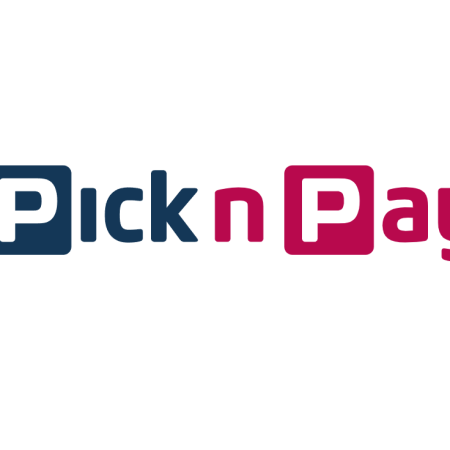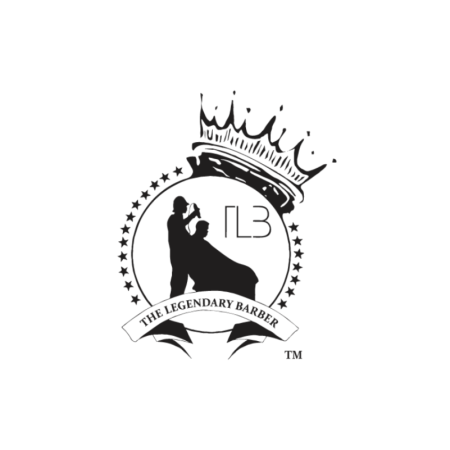If you are considering becoming a franchisee, you’ve likely heard of the Franchise Disclosure Document (FDD). This document is one of the most critical pieces of information in the franchising process and serves as an essential reference for both franchisees and franchisors. In this article, we will discuss what a Franchise Disclosure Document is, why it’s necessary, and how it can help franchisees make informed decisions.
What is a franchise disclosure document, and why is it necessary?
A franchise disclosure document (FDD) is a legal document provided by franchisors to potential franchisees that outlines all relevant information related to the franchise. This document provides essential details about the business, such as the investment required, the rights and obligations of each party, and the rules and regulations governing the operation of the franchise. It is important for prospective franchisees to read the franchise disclosure document (FDD) carefully and understand what they are getting into before signing a contract.
The franchise disclosure document (FDD) is a comprehensive document that provides details about the franchisor, the products or services offered by the franchise, the terms of the agreement, and the financial and legal aspects of the relationship. It also outlines any restrictions on how the franchisee may conduct business. The franchise disclosure document (FDD) can be considered a roadmap for the franchisee, and it is vital for them to read and understand every part of it before signing a contract.
What does the franchise disclosure document contain?
The franchise disclosure document (FDD) is an important document that is legally required to be provided by the franchisor to prospective franchisees to comply with federal and state franchise laws. The franchise disclosure document outlines the terms of a franchise agreement and includes information about the franchisor and the business opportunity.
A typical franchise disclosure document includes information about the franchisor, such as its history, financial statements, business operations, and any company litigation or bankruptcy proceedings. It also contains details about the franchise system, such as the fees associated with becoming a franchisee, the training and support offered by the franchisor, and the restrictions imposed on franchisees.
The franchise disclosure document also outlines the contractual obligations of both the franchisor and the franchisee, including any trademarks, copyrights, patents, or proprietary information that both parties must protect. Additionally, it provides financial statements from previous years so potential franchisees can evaluate their potential investment.
Finally, the franchise disclosure document (FDD) must include a description of any earnings claims made by the franchisor, such as average or projected income figures. By reviewing this document thoroughly before signing a franchise agreement, prospective franchisees can better understand the opportunities and risks involved in investing in a particular franchise system. It’s important to note that while the franchise disclosure document is a lengthy document, it is required by law and should be thoroughly reviewed before signing any agreement.
Conclusion
A franchise disclosure document is an essential tool for potential franchisees to evaluate a franchising opportunity. The document contains detailed information about the franchisor and the associated business, allowing prospective franchisees to make an informed decision about investing in the franchise. With such an in-depth look into the franchisor’s operations, it is essential that the document be carefully reviewed before signing any agreement. It is also important to note that some states may require additional or different disclosures than those included in the franchise disclosure document. Therefore, it is always best to do your own research to ensure you understand all of the details before investing in a franchise for sale in South Africa.










